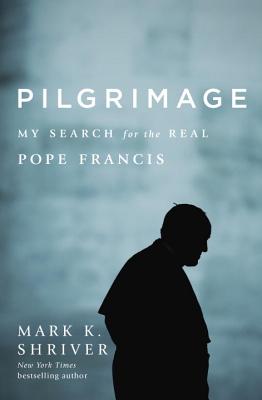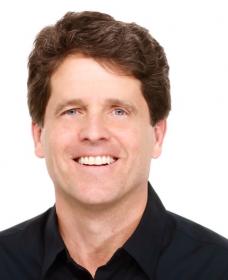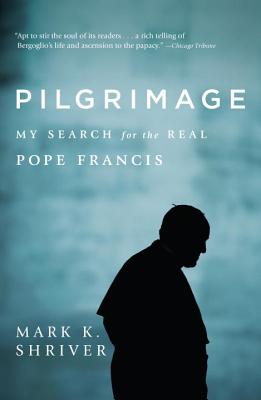
Pilgrimage:My Search for the Real Pope Francis
Interview with Mark K Shriver
February 9, 2017Sign Up to listen to full interview.
About Mark K Shriver
Mark K. Shriver is president of Save the Children Action Network in Washington, D.C., and a former Maryland state legislator. Shriver also started the Choice Program and served on the coalition to create the National Commission on Children and Disasters following the devastation of Hurricane Katrina.
Shriver’s New York Times and Washington Post best-selling memoir, “A Good Man: Rediscovering My Father, Sargent Shriver,” was published in June 2012 by Henry Holt and received a 2013 Christopher Award.
Shriver lives in Maryland with his wife and three children, Molly, Tommy, and Emma.
Interview Summary
2,000 year old religious institution Catholic Church has seen its share of trouble in the last two decades. Author Mark Shriver, the lifelong Catholic and the nephew of John F. Kennedy – America’s only Catholic president – found himself increasingly disconnected from the Church until the appointment of Pope Francis.
Jorge Mario Bergoglio, born on December 17, 1936 rose to lead all Catholics from his humble beginnings in Argentina. Bergoglio, trained as a Jesuit teacher developed a special bond with the common man and cared for the poor as Argentina struggled with the economic first and political and military chaos that followed.
In an interview with Readara, Mark Shriver, explains how Pope Francis won over most Catholics with his sweetness and humility and restored his faith. Shriver delved into the early life experiences that helped shape Bergoglio and prepared to him to lead larger following.
Key Topics
- What were Bergoglio’s early life experiences that helped shape his character?
- What was young Jorge Mario Bergoglio like, a seminarian, a priest, a bishop?
- Why was Bergoglio exiled to Cordoba, Argentina?
- What were six powerful influences on his youth?
- What is the relationship between the Argentine government and the Catholic Church?
- Have the views of Catholicism towards science shifted over the years?
- What was Bergoglio’s scientific method?
- How did he reconcile the two – science and religion?
- How did Bergoglio struggle to reconcile Marxism and social activism with a faith-based spiritual life?
- What was his philosophy about politics?
- What were his religious convictions?

